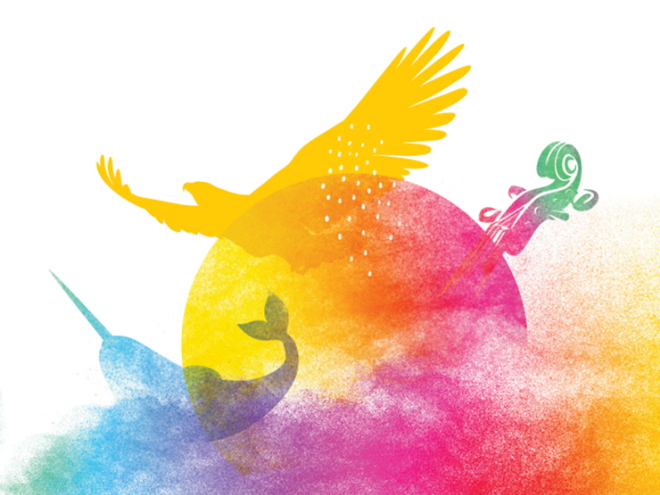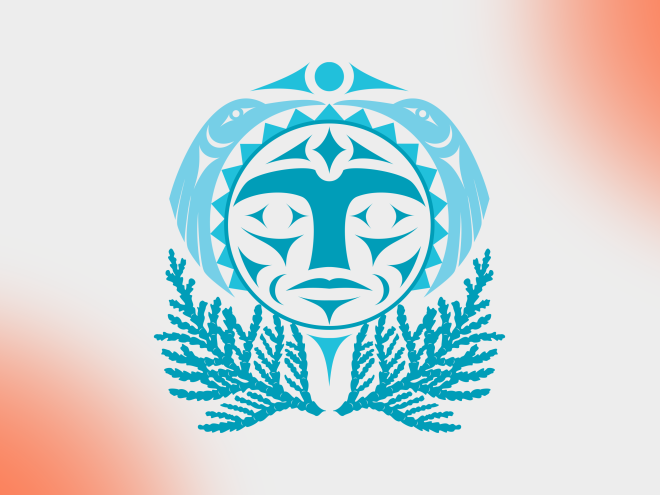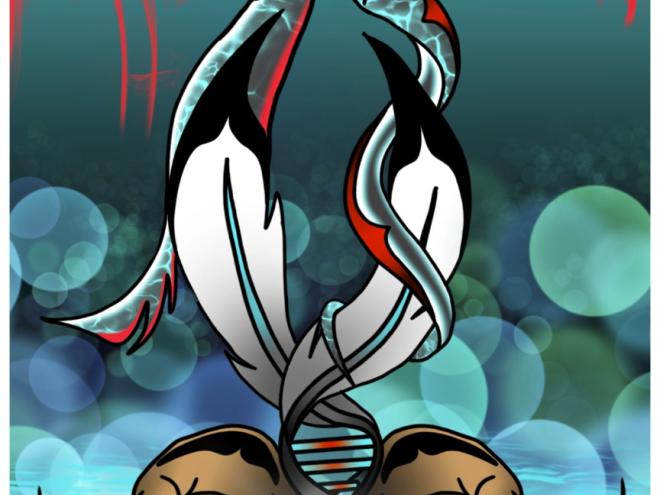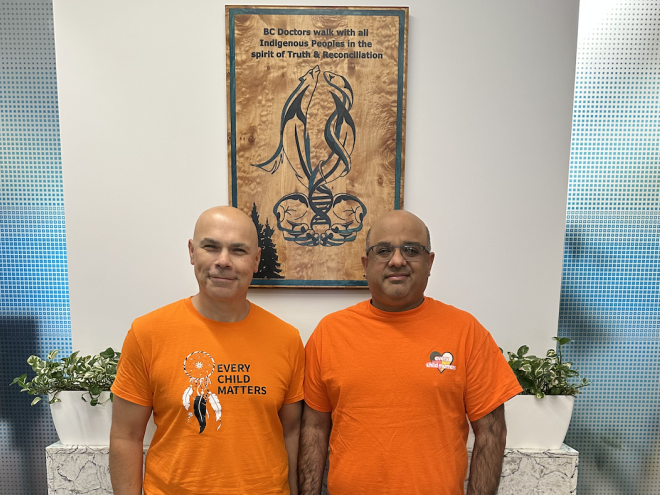Each June, Doctors of BC joins Canadians in recognizing National Indigenous History Month—a meaningful time to reflect on and honour the rich history, enduring cultures, and invaluable contributions of First Nations, Inuit, and Métis Peoples across this land.
Since its official designation by the House of Commons in 2009, National Indigenous History Month has provided an opportunity for reflection, education, and celebration. It invites all of us to learn more about traditional knowledge, distinct cultural practices, spiritual beliefs, and Indigenous languages—many of which have endured despite the profound impacts of colonialism.
Equally important, June 21 is recognized as National Indigenous Peoples Day, coinciding with the summer solstice—a time of cultural and spiritual significance for many Indigenous communities. Traditionally, it also signals the beginning of salmon runs and berry harvesting—a time to gather, honour the land, and give thanks to the Creator.
Doctors of BC’s strategic plan (2024-2029) includes our commitment to Truth and Reconciliation, as well as advancing equity, justice, and cultural safety in health care. Together with the Joint Collaborative Committees (JCCs), we are committed to advancing Indigenous Specific Anti-Racism (ISAR) and Cultural Safety (CS) by co-creating engagement and learning opportunities for members and staff, in partnership with First Nations, Inuit, and Métis peoples. This work encompasses a variety of events and learning activities for doctors across the province, such as First Nations community-based experiential learning sessions, webinars, and facility-based learning sessions. It also includes identifying physician champions to amplify activities and practices aimed at increasing Indigenous cultural safety and humility. Learn more about this work on our Truth and Reconciliation webpage.
Throughout June, we encourage physicians and our staff to recognize the importance of National Indigenous History Month and seek out opportunities to attend local events, read Indigenous literature, and support Indigenous artists. Active engagement and relationship-building foster greater awareness, understanding, and reconciliation.
We lift our hands to the leadership, partnership, and strength of Indigenous Peoples. Together, we can help foster a future rooted in respect, equity, and collective well-being.
Additional resources
- Upcoming webinar (June 18), Creating a Safe Space for Indigenous Patients in Primary Care, led by Doctors of BC’s Indigenous-Specific Anti-Racism and Cultural Safety team, in partnership with UBC CPD and with the support of the JCCs.
- The JCC and UBC CPD Allyship and Upstanding: Interrupting Indigenous Specific-Racism in Health Care and Providing Culturally Safe Care for Inuit webinar recordings and learning resources.
- Doctors of BC YouTube channel (Past JCC co-hosted Indigenous Cultural Safety Webinars)
- Compassionate Leadership Course: The Compassionate Leadership Community of Practice and its training program is led by Shawn and Heather Atleo. The training, offered in partnership between the JCCs and the Rural Coordination Centre of British Columbia, is grounded in Indigenous and Western pedagogy and instills connective, empathic skills in health leaders. Please contact Katrina Bepple at RCCBC (kbepple@rccbc.ca) if you are interested in joining a cohort.
- Len Pierre Consulting
- UBC Learning Circle (Centre for Excellence in Indigenous Health)



